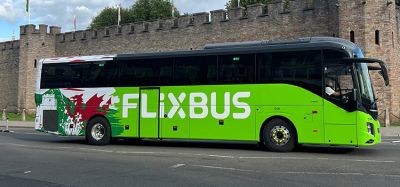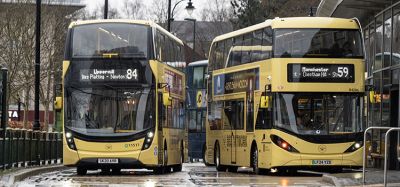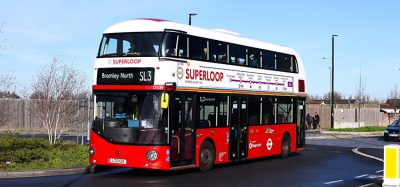Hyundai and Audi partner to accelerate fuel cell technology development
- Like
- Digg
- Del
- Tumblr
- VKontakte
- Buffer
- Love This
- Odnoklassniki
- Meneame
- Blogger
- Amazon
- Yahoo Mail
- Gmail
- AOL
- Newsvine
- HackerNews
- Evernote
- MySpace
- Mail.ru
- Viadeo
- Line
- Comments
- Yummly
- SMS
- Viber
- Telegram
- Subscribe
- Skype
- Facebook Messenger
- Kakao
- LiveJournal
- Yammer
- Edgar
- Fintel
- Mix
- Instapaper
- Copy Link
Posted: 20 June 2018 | Intelligent Transport | No comments yet
The two companies aim to together develop the alternative fuel technology; securing sustainable mobility for the future…


Hyundai Motor Group and Audi have entered into a multi-year patent cross-licensing agreement, covering a broad range of fuel cell electric vehicle (FCEV) components and technologies.
The new partnership will witness both companies making a joint effort in developing FCEVs; leading the automotive industry to a more sustainable future.
The cross-license agreement also covers and benefits both companies’ affiliates, including Kia Motors Corporation and Volkswagen AG. All companies will equally share the patent licenses over the years to come. The duration of the agreement has not yet been disclosed.
The partnership is expected to leverage collective R&D capabilities in fuel cell technology and elevate their presence in the FCEV market. As a first step, Hyundai Motor Group will grant its counterpart the access to parts that are based on Hyundai’s development of ix35 Fuel Cell as well as NEXO.
Audi – responsible for the development of fuel cell technology within the Volkswagen Group – will be able to take full advantage of Hyundai’s FCEV parts supply chain.
“This agreement is another example of Hyundai’s strong commitment to creating a more sustainable future whilst enhancing consumers’ lives with hydrogen-powered vehicles; the fastest way to a truly zero-emission world,” said Euisun Chung, Vice Chairman at Hyundai Motor Company. “We are confident that the partnership will successfully demonstrate the vision and benefits of FCEVs to the global society.”
Hyundai Motor Group and Audi have also agreed to explore opportunities for a next step in their collaboration. This will aim to lead industry standards in fuel cell technology as well as accelerate FCEV development; providing more advanced mobility options to customers.
“The fuel cell is the most systematic form of electric driving and thus a potent asset in our technology portfolio for the emission-free premium mobility of the future,” said Peter Mertens, Board Member for Technical Development at AUDI AG. “For the breakthrough of this sustainable technology, cooperation is the smart way to leading innovations with attractive cost structures.”
Hyundai Mobis (Mobis), the leading FCEV’s components manufacturer of the Group, is expected to continuously expand its role for developing and supplying proprietary core components for Hyundai and Kia FCEVs.
Long ranges and short refuelling times make hydrogen an attractive future source of energy for electric mobility. This is particularly true for larger automobiles, where the weight advantages of the fuel cell vehicle inherent to its design are particularly pronounced. Key aspects for its future market success include the regenerative production of hydrogen and the establishment of a sufficient infrastructure.
Related topics
Air Quality, Alternative Power, Sustainable Urban Transport
Related organisations
Audi, Hyundai Motor Group
Related people
Euisun Chung, Peter Mertens








